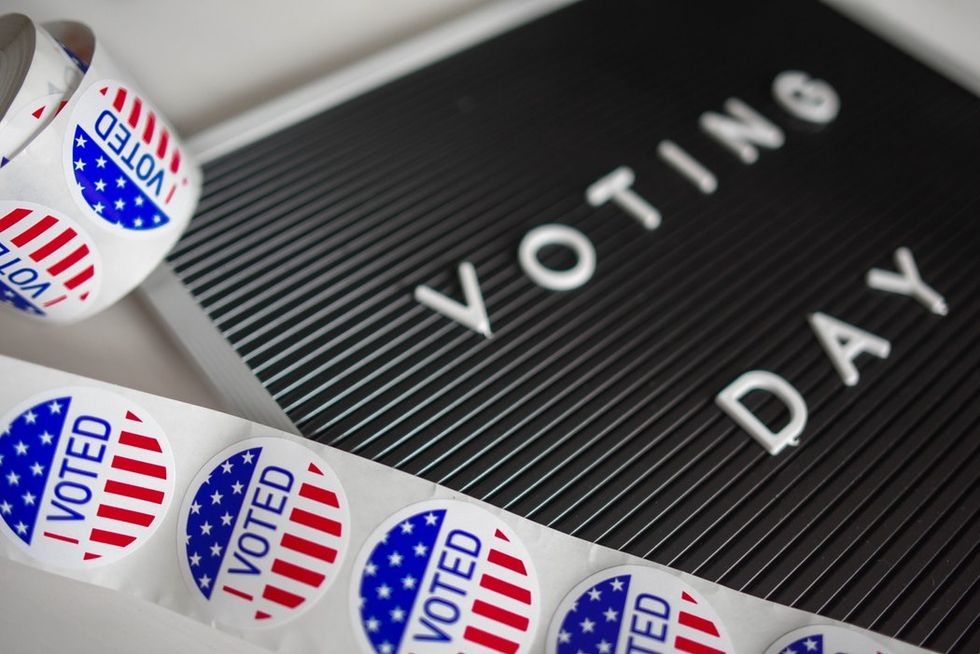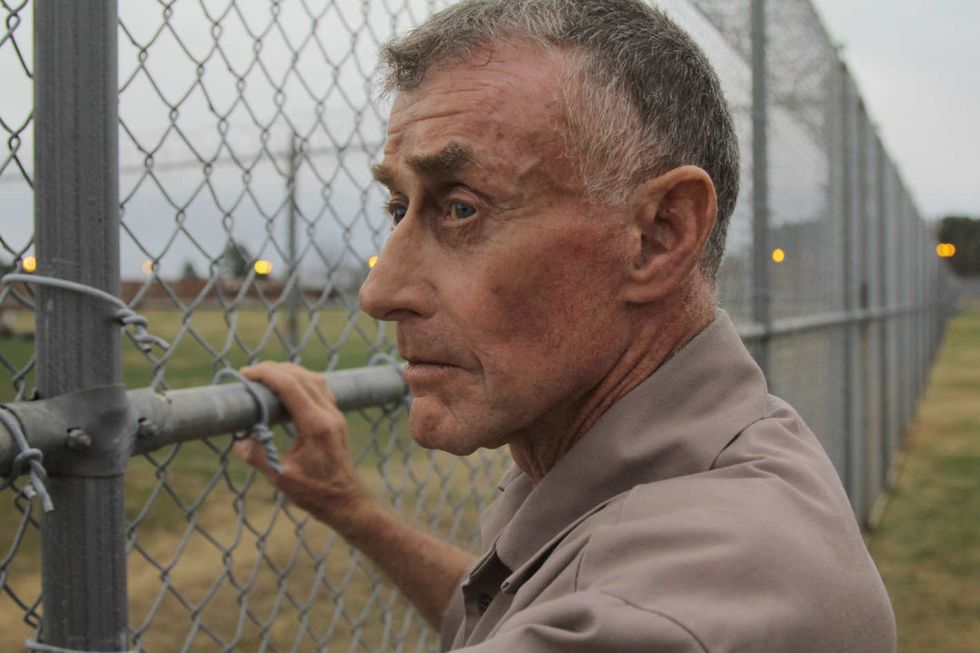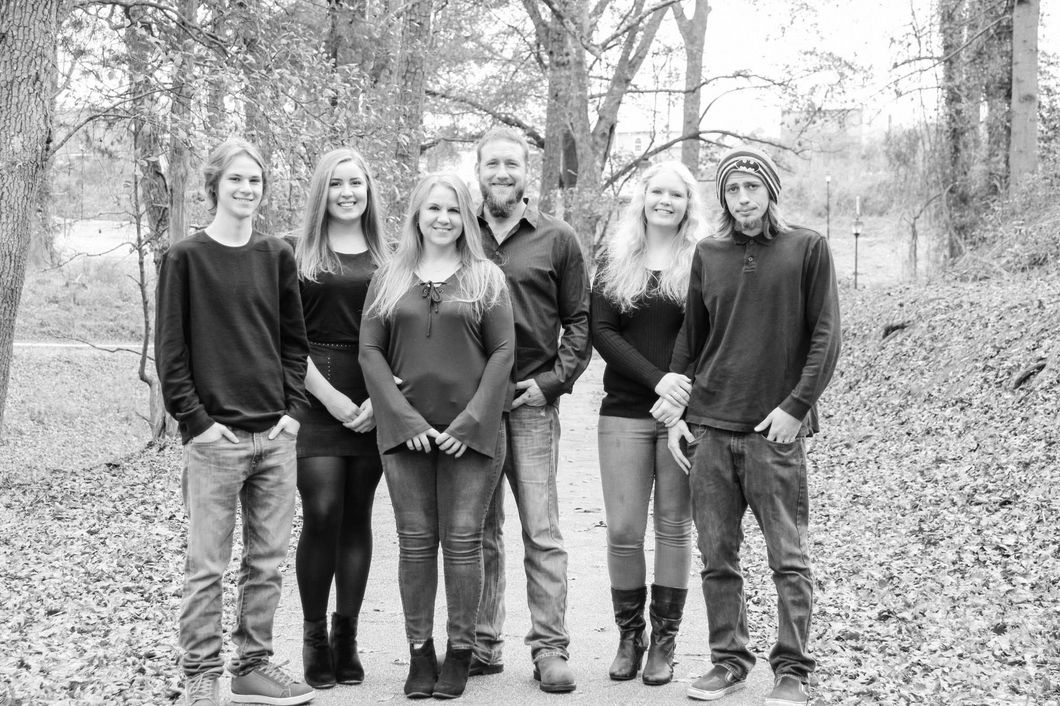Florida Voted, Amendment 4 Is Now A Part Of Its Constitution
Convicted felons will finally get a chance to vote
Florida's mid-term election had 12 amendments for its residents to vote on. One that will affect the outcome of many elections in the future is Amendment 4. It reads as follows: "This amendment restores the voting rights of Floridians with felony convictions after they complete all terms of their sentence including parole or probation. The amendment would not apply to those convicted of murder or sexual offenses, who would continue to be permanently barred from voting unless the Governor and Cabinet vote to restore their voting rights on a case by case basis."
This amendment was fully supported by most citizens in Florida and is as an "initiated constitutional amendment," it becomes a part of the constitution when a "super-majority," which is equal to 60 percent or more votes are cast. Yet, the newly elected Florida Governor, Ron DeSantis, is talking about waiting until the Florida State Legislature meets in March 2019, in order to delay putting the amendment into place and possibly changing the requirements that affect it.
The battle to restore voting rights to felons has been going on for decades, and Governor Rick Scott played judge and jury for the past eight to the few that went before his hand-picked board for clemency. Florida was one of four states that required a felon additional action in order to get voting rights restored. Maine and Vermont are the only two states that a felon never loses his right to vote. Prior to this mid-term election citizens in Florida convicted of a felony had to have voting rights restored by a full pardon, conditional pardon, or restoration of civil rights by the governor. The Executive Clemency Board set the rules for restoration of civil rights, which at the time the amendment passed, included a five- or seven- year waiting period and a list of crimes for which an individual could never apply for rights restoration.
It is estimated that nearly 1.5 million Floridians cannot vote due to past convictions. This will increase the voting population another 10%. Many are minorities and assumed Democratic. While the Florida clemency board meets only four times per year, the back-log of ex-felons waiting for a chance to make their case was slow and discouraging. Prior to the mid-term elections, there were over 10,000 pending clemency cases. In addition, while Charlie Crist was governor, over 150,000 felons had their rights restored, compared to the estimated 4,500 Scott restored. As of January 9th, these felons should have their voting rights restored and be allowed to register. However, if Governor Ron DeSantis has his way as well as the other major Republican officeholders in Tallahassee, this amendment will be held up for the next four years of this governor's term.
Some of the opposed have raised issues such as this amendment does not recognize the difference between serious offenses like violent and non-violent crimes. There is no distinction between the nature of the crime and the harm it did to the victim. The history of the felon, or post-release conduct of such. Many of the opposers believe that up to one-third of felons will return to prison within three years of being released.
Some of the state's Supervisors of Elections," have concerns as to whether there is a procedure in place to verify the felon's eligibility. That means state agencies will have to begin sharing information regarding the felons in their districts. This bureaucratic nightmare can take years to run smoothly, and because no one in Tallahassee thought to understand the depth of this amendment passing, many agencies are shrugging their shoulders or pointing their fingers to avoid due process for the millions of felons in Florida who are entitled to register to vote.
As this issue of extent or severity of the crime is questioned, we also must consider that thousands of citizens that at one time in their life made a bad decision and paid the price to society for that poor choice. These felons are now hard-working, law-abiding citizens. They pay taxes and support their families and communities. A large percentage are educated, professionals that went through hurdles many of us will never know or face to get their lives back on track.
This amendment does not state it is the burden of the felon to prove his rights have been reinstated, that is the state's responsibility. However, there seems to be a court battle opposing this amendment, in March 2018 a U.S. District Judge deemed the voter restoration system unconstitutional, it went to an appeals court in Atlanta, but the issue is still unresolved.
If the citizens of Florida cast their vote to allow felons their civil rights back and their elected officials are questioning the decision, then every other vote on that ballot should come into question. On January 9, 2019, the supervisor of election offices should be busy registering the disenfranchised citizens of Florida. If this does not happen, the politicians in Tallahassee will be disenfranchising all voters in "The Sunshine State."





































